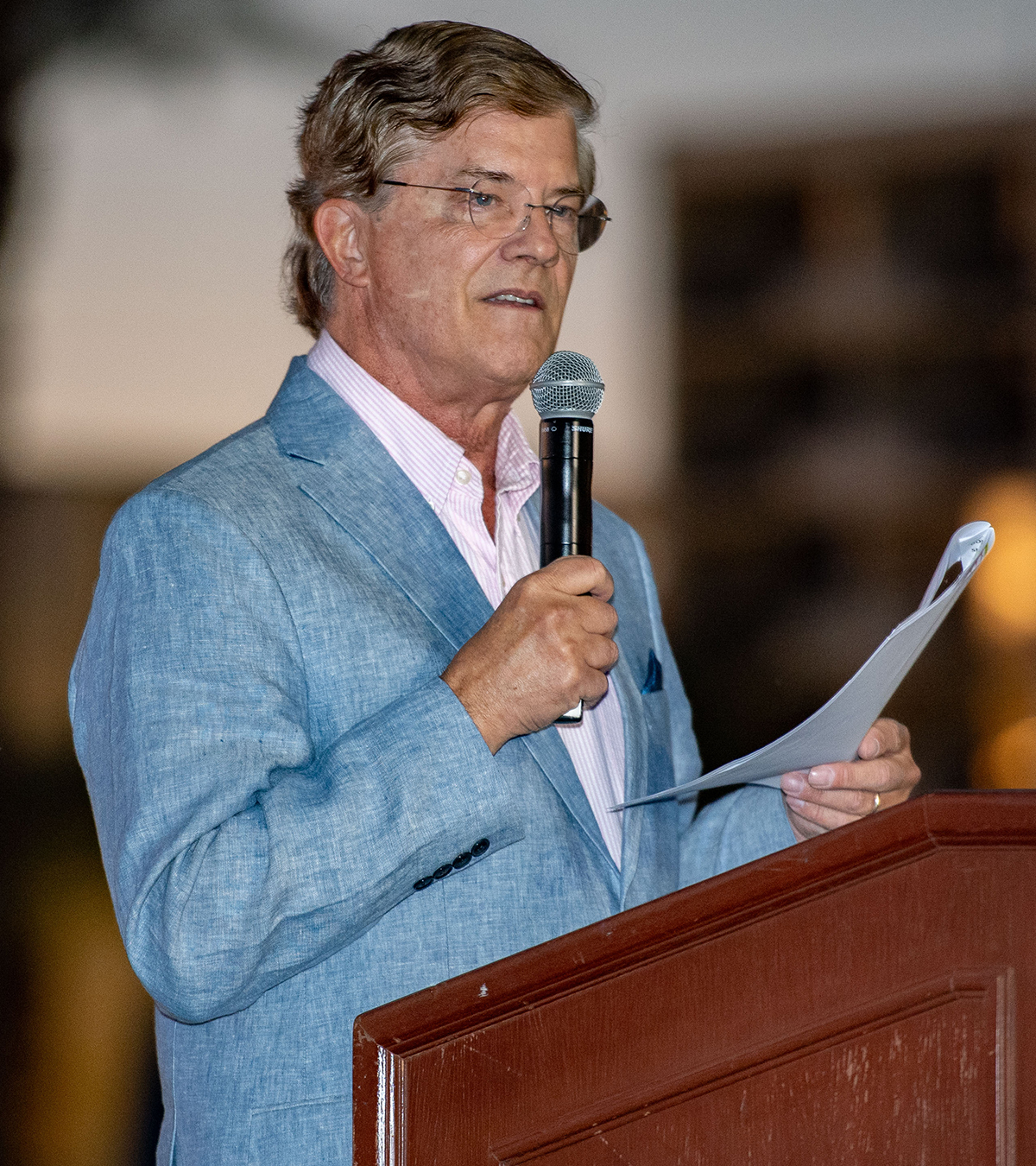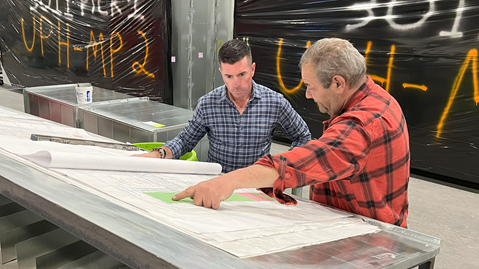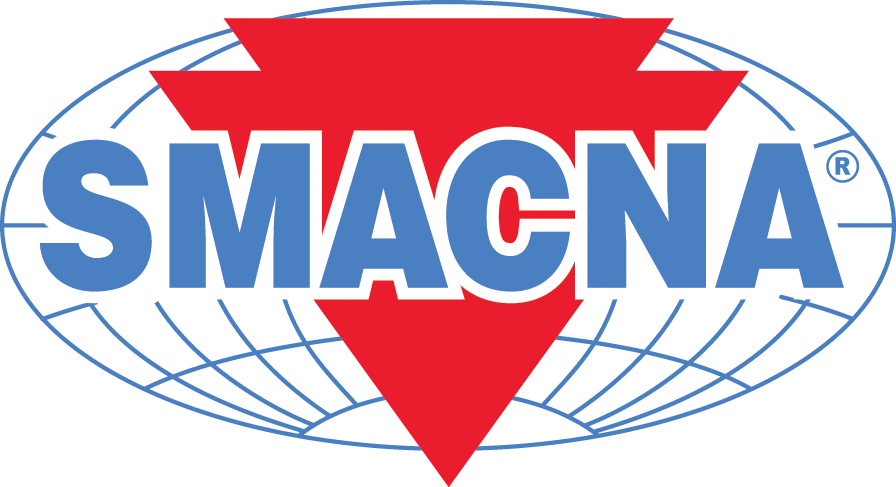About Coalition Lobbying

Coalition lobbying is the coordinated effort by diverse interest groups to influence government policies with the aim of advancing a shared agenda. This is one of the most frequently-employed strategies used to produce policy change. Coalitions are effective because they strengthen the uniformity in the messages sent to policymakers. These organized efforts often draw more attention to an advocacy position and signal to decision-makers that an entire industry is united in its support for or opposition to proposed legislation.
Lobbying coalitions are frequently employed by trade associations who are familiar with coordinating the agendas of multiple stakeholders. By speaking with a “unified voice,” a coalition is more likely to achieve success in its efforts, especially on controversial issues or bills; elected officials are often more responsive to act when there are multiple voices advocating for the same position. Coalitions can also provide “cover” for individual companies or interest groups who may not want to be the lone voice publicly expressing their position.
In most instances, lobbying coalitions are informal and, typically, there is no dedicated staff or budget; instead, an individual or group convenes interested parties on an on-going basis to coordinate lobbying activities. Participating organizations rely on their own resources and personnel to develop a strategy and tactics to be used by the group in its lobbying efforts. Such a collaborative effort allows for a division of labor among their participants by ensuring the additional “people power” to communicate with a larger audience of elected officials, staff, and media than if lobbying on their own.

Media Inquiries
For Media Inquiries, please contact: Susannah Forde Executive Director of Marketing & Communications
Email
